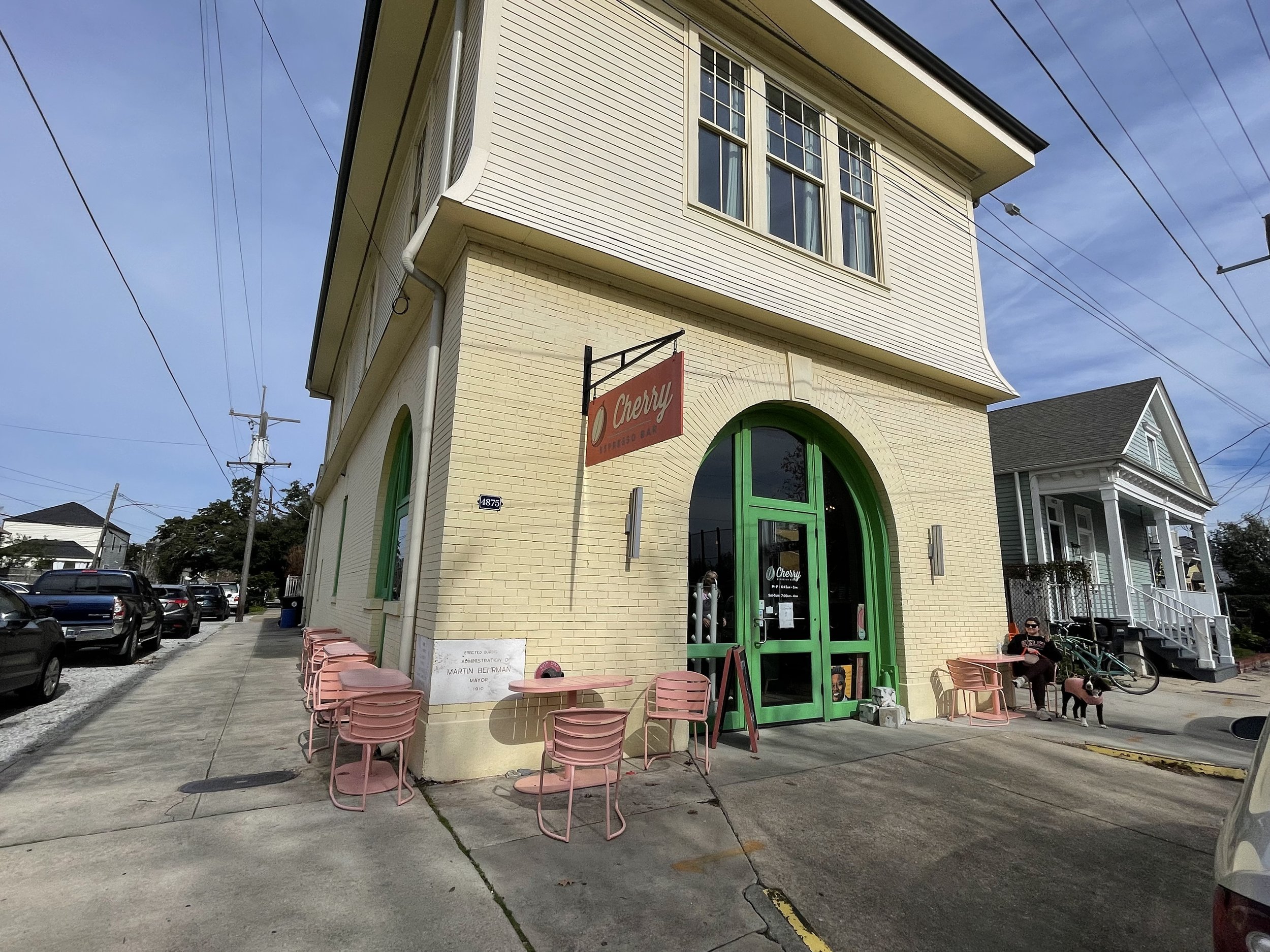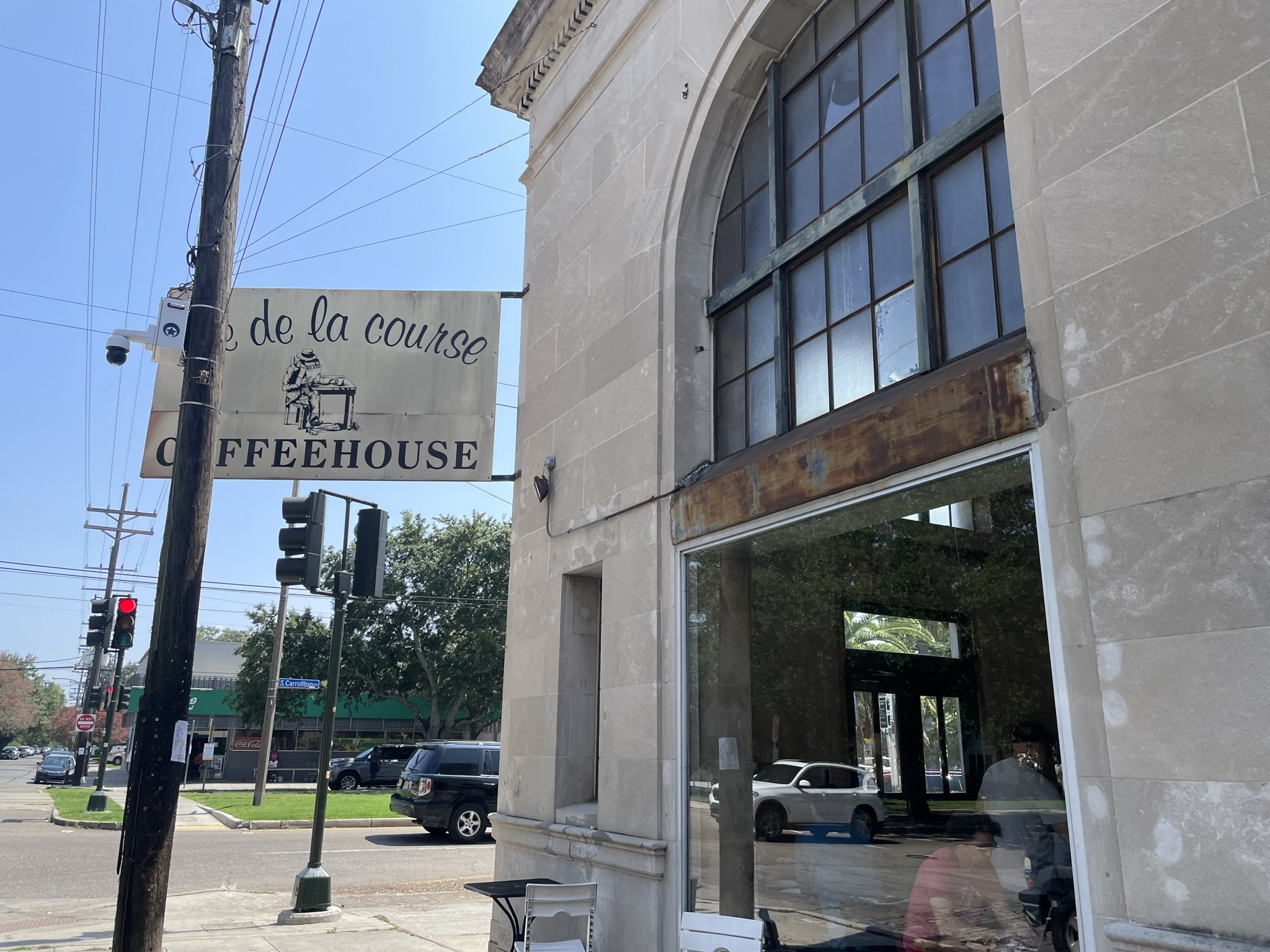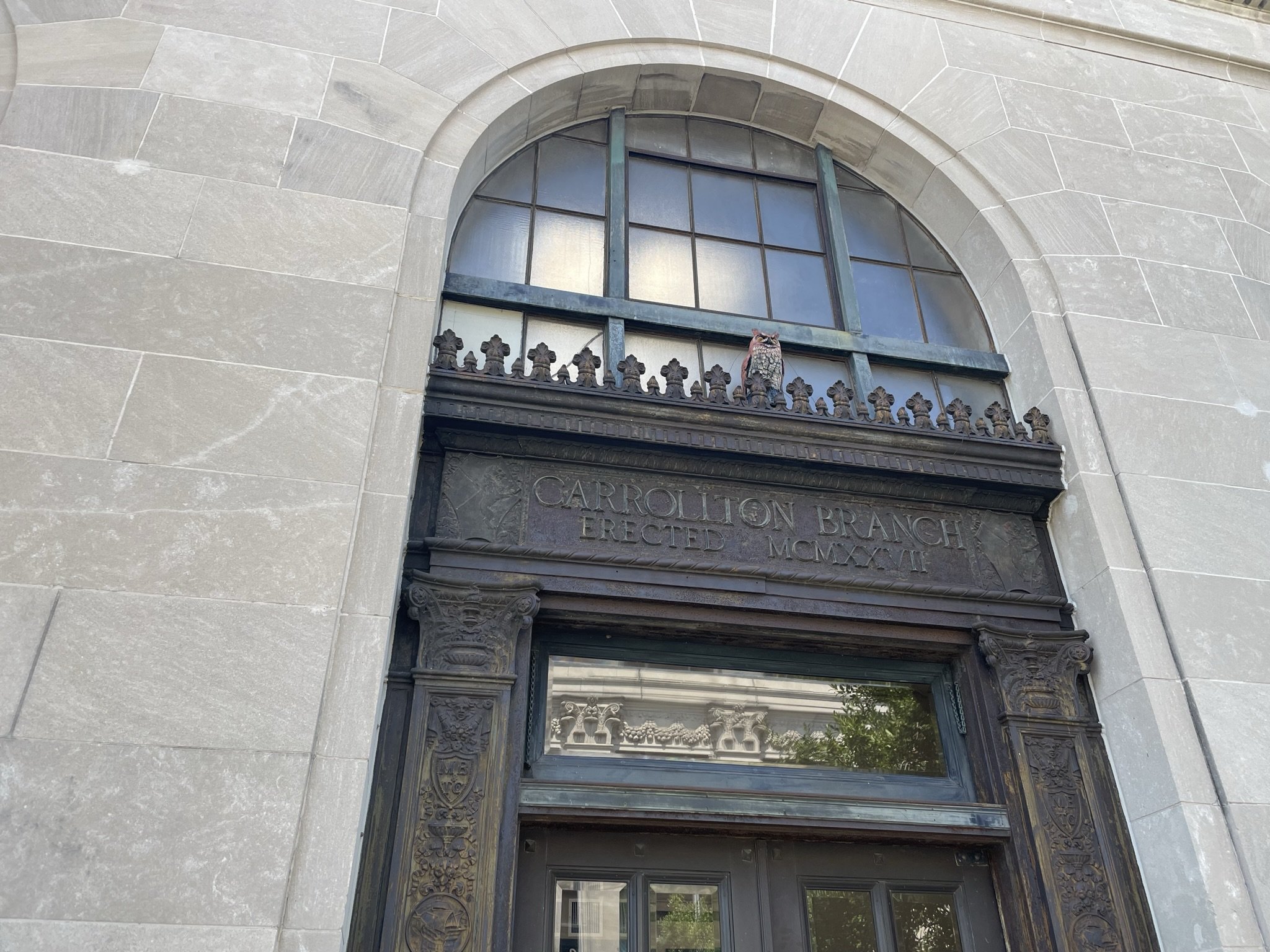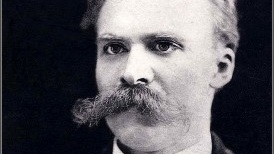Intention:
- Act
- Consequences
- Directly
- Ultimately Intentional
- Mediately Intentional
- Exclusively Intentional
- Inexclusevly Intentional
- Conjunctively
- Disjunctively
- With preference
- Without preference
- Indiscriminately
- Obliquely
Intention:
- Act - An act can be intentional without the consequences being intended.
Example: intentionally touch someone, and end up hurting them, without intending to hurt them.
- Consequences
The consequences can be intended without the act being intentional throughout, but this is less frequent.
Example: I intend to push someone, a second person happens to come between us, and I push that person who then pushes the person I intended to push. Part of the act is intentional, but then how it went down is not intentional, the consequences intended happened.
The consequences cannot be intentional, without the act being intentional in its first stage. You can have wished you should push the man or planned on pushing the man, but someone else happens to have pushed him, the second person’s action was not intended by you. Your intention needs to be connected to your act in order for the consequences of the act to be intended by you, the act may not be intentional throughout, but you need to act.
- Directly
Directly when the goal to produce the consequence is a link in a causal chain by which the person performs the act.
- Ultimately Intentional
Ultimately when we are sure the intended consequence will happen, and no other, and we act in order to produce it.
Example: He killed the king on account of the hatred he bore him, and for no other reason than the pleasure of destroying him. In this case the incident of the kings death was not only directly but ultimately intentional.
- Mediately Intentional
Mediately when one wants to do something that will inevitably lead to a consequence, but the intention is to do that thing, not the consequence.
Example: He killed the king, intending fully so to do; not for any hatred he bore him, but for the sake of plundering him when dead. In this case the incident of the kings death was directly intentional, but not ultimately: it was mediately intentional.
- Exclusively Intentional
Example: He intended neither more nor less than to kill the king. He had no other aim nor wish. In this case, it was exclusively as well as directly intentional: exclusively, to wit, with regard to every other material incident.
- Inexclusevly Intentional
- Conjunctively
Conjunctively: the intention is to produce both.
Example: Sir Walter shot the king in the right leg, as he was plucking a thorn out of it with his left hand. His intention was, by shooting the arrow into his leg through his hand, to cripple him in both those limbs at the same time. In this case the incident of the kings being shot in the leg was intentional: and that conjunctively with another which did not happen; viz. His being shot in the hand.
- Disjunctively
Disjunctively: the intention is to produce either one or the other indifferently, but not both.
- With preference
With preference when the intention is that one should happen rather than the other.
Example: The intention of Tyrrell was to shoot the king either in the hand or in the leg, but not in both; and rather in the hand than in the leg. In this case the intention of shooting in the hand was disjunctively concurrent, with regard to the other incident, and that with preference.
- Without preference
Without preference when the intention is equally fulfilled whatever happens.
Example: his intention was to shoot the king either in the leg or the hand, whichever might happen: but not in both. In this case the intention was inexclusive, but disjunctively so: yet that, however, without preference.
- Indiscriminately
Indiscriminately: the intention is to produce either one or the other or both, whatever happens.
Example: His intention was to shoot the king either in the leg or the hand, or in both, as it might happen. In this case the intention was indiscriminately concurrent, with respect to the two incidents.
- Obliquely
Obliquely or collaterally when although the consequence was not in contemplation it was likely to ensue from the act, but the intention was not an actual causal link in the chain of action.
Example: Tyrel saw a stag running that way, and he saw the king riding that way at the same time: what he aimed at was to kill the stag: he did not wish to kill the king: at the same time he saw, that if he shot, it was as likely he should kill the king as the stag: yet for all that he shot, and killed the king accordingly. In this case the incident of his killing the king was intentional, but obliquely so.


































